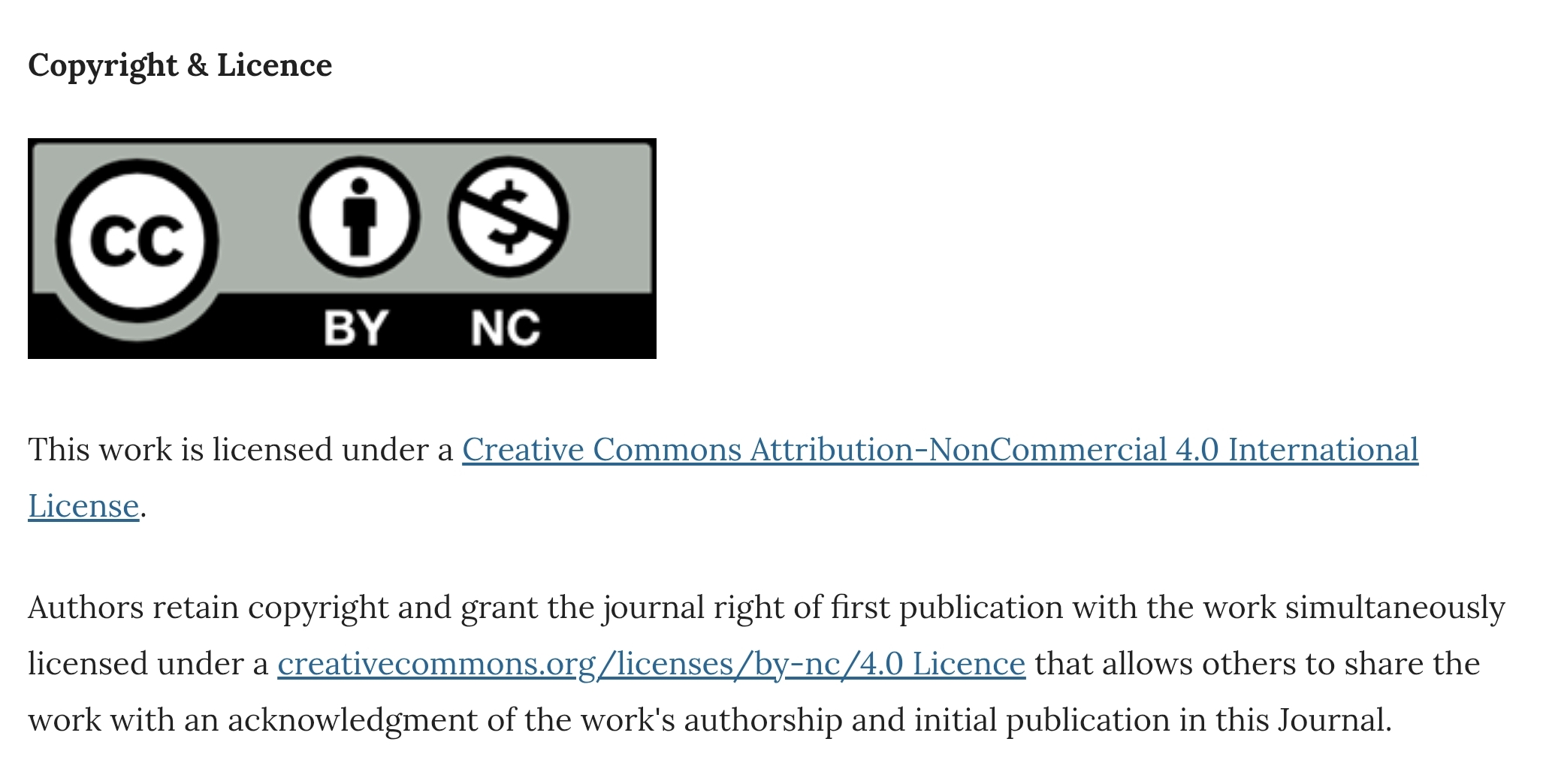Perception of doctors and patients regarding telepsychiatry services during the COVID-19 pandemic: Experience from the state of Kerala, India
DOI:
https://doi.org/10.30834/KJP.35.2.2023.333Keywords:
COVID 19 pandemic, telepsychiatry, mental health care deliveryAbstract
Introduction: The present article aims to describe the experience of organizing a telepsychiatry program to ensure continuity of care during the COVID-19 pandemic from the doctors’ as well as the patients’ perspectives. Methods: We initiated a synchronous telepsychiatry program for continuity of care using a Government-sponsored online platform with facilities for consulting a psychiatrist and e-prescription. Three months later we conducted a Video Focus Group discussion (VFGD) among the doctors involved in the program and telephonic interviews with randomly selected patients and caretakers to evaluate the merits and demerits of the program and to elicit suggestions for improvement. Results: The online services were availed by 120 patients (55% males) with the majority in the 19-60 years age group; 47.5% of them were availing psychiatry consultation for the first time. Overall, depression and anxiety were the common diagnoses. Both doctors and patients felt that online services are feasible and acceptable, ensure adequate privacy and provide the opportunity to avail of mental health services without stigma. Conclusions: Telepsychiatry has the potential to develop into an alternate model of mental health service delivery and it is more advantageous to women, the elderly, and those with travel difficulties. Mental health support to people in prisons, government residential facilities, and geographically isolated areas through online platforms is a feasible and cost-effective option. Definite legal and ethical guidelines on telepsychiatry should be formulated with facilities for training for professionals. Online platforms should be more user-friendly and tailor-made to provide psychotherapy and counseling services in addition to pharmacotherapy.
Downloads
References
World Health Organization. COVID-19 disrupting mental health services in most countries, WHO survey. 2020. Downloaded from:https://www.who.int/news/item/05-10-2020-covid-19-disrupting-mental-health-services-in-most-countries-who-survey
Moreno C, Wykes T, Galderisi S, Nordentoft M, Crossley N, Jones N, et al. How mental health care should change as a consequence of the COVID-19 pandemic. Lancet Psychiatry 2020;7:813-24.
General Administration Department. General Orders, Government of Kerala. Available from: https://gad.kerala.gov.in/node/912
Institute of Mental Health and Neurosciences. Available from: https://imhans.ac.in/health-information
National Tele consultation Service. Ministry of Health and Family Welfare, Govt. of India. Available from. https://esanjeevaniopd.in/ accessed on December 10, 2010
National Health Mission, Govt of Kerala. Available from: https://arogyakeralam.gov.in/e-sanjeevini/ accessed on December 10, 2020
Thara R, Sujit J. Mobile telepsychiatry in India. World Psychiatry 2013;12:84. DOI: 10.1002/wps.20025.
Malhotra S, Chakrabarti S, Shah R, Gupta A, Mehta A, Nithya B, et al. Development of a novel diagnostic system for a telepsychiatric application: a pilot validation study. BMC Res Notes 2014;7:508. DOI: 10.1186/1756-0500-7-508.
Naskar S, Victor R, Das H, Nath K. Telepsychiatry in India - Where Do We Stand? A comparative review between global and Indian telepsychiatry programs. Indian J Psychol Med 2017;39:223-42.
Das N. Telepsychiatry during COVID-19 - A brief survey on attitudes of psychiatrists in India. Asian J Psychiatr 2020;53:102387. DOI:10.1016/j.ajp.2020.102387
Suresh Bada Math, Manjunatha N, Kumar CN, Basavarajappa C, Gangadhar BN. Telepsychiatry operational guidelines-2020. NIMHANS: Bengaluru. ISBN No: 978-81-945815-2-9.
Vadlamani LN, Sharma V, Emani A, Gowda MR. Telepsychiatry and outpatient department services. Indian J Psychol Med 2020;42(5suppl):27S-33S.
Govindaraj GM, Krishnakumar P, Scaria V, Athulya E, Ajithkumar VT, Dongre AR. Building on an ad hoc COVID-19 response to enhance community-based care for vulnerable children in Kerala, India. NEJM Catalyst Innovations in Care Delivery 2020; Nov 4:1-8. Available from: https://catalyst.nejm.org/doi/full/10.1056/CAT.20.0543
Gururaj G, Varghese M, Benegal V, Rao GN, Pathak K, Singh LK, et al. National Mental Health Survey of India, 2015-16: Summary. National Institute of Mental Health and Neuro Sciences: Bengaluru. NIMHANS Publication No. 128, 2016.
Kommu JVS, Sharma E, Ramtekkar U. Telepsychiatry for mental health service delivery to children and adolescents. Indian J Psychol Med 2020;42(5suppl):46S-52S.
Bhat A, Goud BR, Pradeep JR, Jayaram G, Radhakrishnan R, Srinivasan K.. Can mobile health improve depression treatment access and adherence among rural Indian women? A qualitative study. Cult Med Psychiatry 2020;44: 461–78.
Moirangthem S, Rao S, Kumar CN, Narayana M, Raviprakash N, Math SB. Telepsychiatry as an economically better model for reaching the unreached: a retrospective report from south India. Indian J Psychol Med 2017;39:271-75.
Dewani K, Basavarajappa C, Gowda GS, Gowda MR, Sreenivasa P, Muthyalappa C, et al. Economic perspectives on setting up and running telepsychiatry services in India. Indian J Psychol Med 2020;42(5suppl):10S-16S.
Roy A, Singh AK, Mishra S, Chinnadurai A, Mitra A, Bakshi O. Mental health implications of COVID-19 pandemic and its response in India. Int J Soc Psychiatry. 2021;67:587-600.
Additional Files
Published
How to Cite
Issue
Section
License
Copyright (c) 2023 K Ravindren Rajith, P Ashokkumar, P K Anish, Amith Gangadharan, P M Neeny, Padinharath Krishnakumar, Jobin Tom (Author)

This work is licensed under a Creative Commons Attribution-NonCommercial 4.0 International License.












